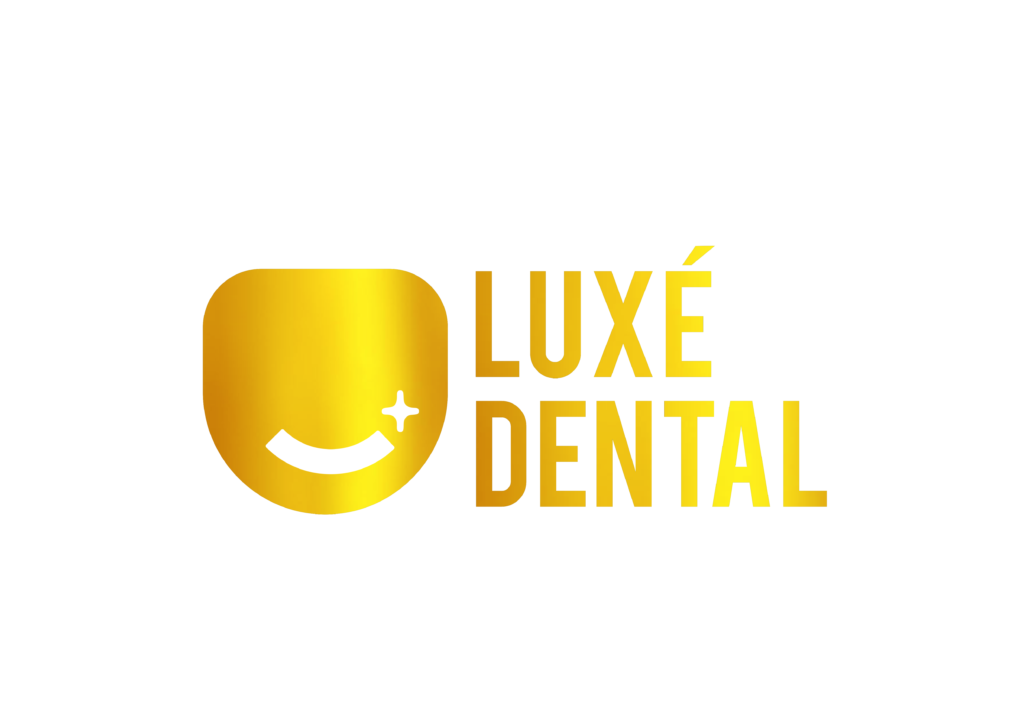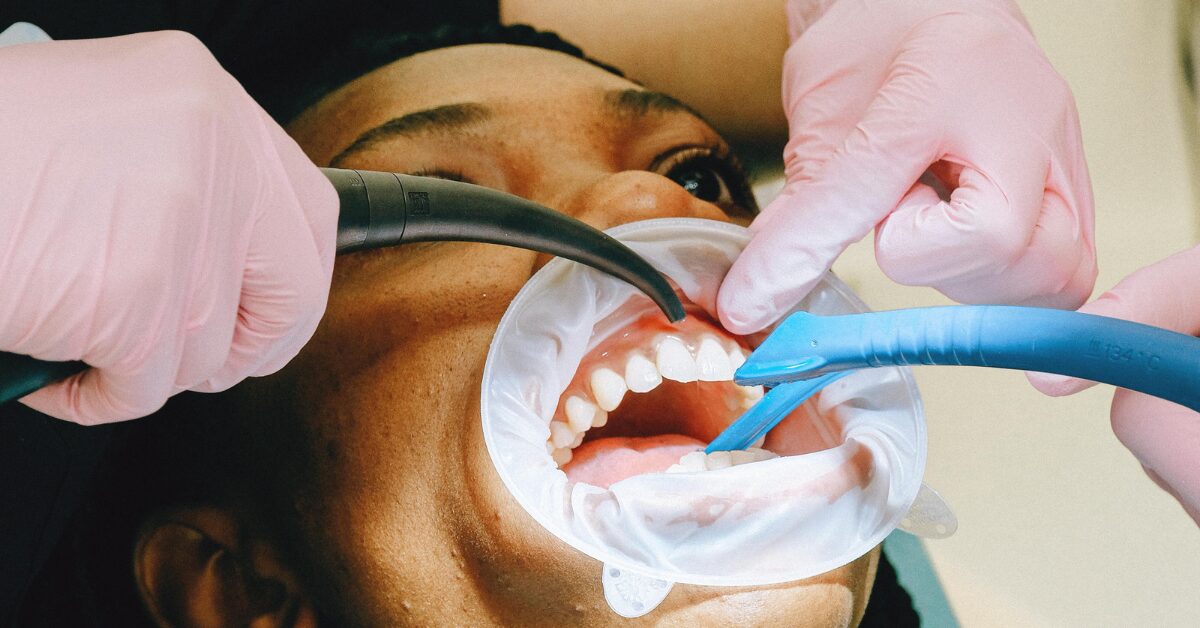Causes of Bleeding Gums are a common concern that many people face, yet the underlying reasons are often misunderstood. From inadequate oral hygiene to more severe health conditions, several factors contribute to gum bleeding. Understanding these causes is essential for preserving oral health and averting complications. In this comprehensive guide, we delve into the diverse causes of bleeding gums, effective treatment options, and essential prevention strategies.
General Causes of Bleeding Gums
Gum Disease (Gingivitis and Periodontitis)
Gum disease is one of the primary causes of bleeding gums. Gingivitis, the early stage of gum disease, occurs when plaque builds up on the gum line, causing inflammation and bleeding. If left untreated, it can progress to periodontitis, a more severe form that can damage the soft tissue and bone supporting the teeth.
Aggressive Brushing
Brushing too forcefully or using a toothbrush with hard bristles can damage the delicate gum tissue, leading to bleeding. Opt for a soft-bristled toothbrush and gentle, circular motions to protect your gums.
Pregnancy Hormones
Hormonal changes during pregnancy can make gums more sensitive and prone to bleeding. This condition, known as pregnancy gingivitis, typically improves after childbirth.
Certain Medications
Some medications, such as blood thinners, increase the likelihood of gum bleeding. If you notice bleeding gums while on medication, consult your healthcare provider for guidance.
Poor Nutrition
A diet lacking in essential nutrients, particularly Vitamin C, can weaken the gums and make them more susceptible to bleeding.
Smoking
Smoking weakens the immune system and hinders gum healing, contributing to chronic gum disease and bleeding.
Specific Causes in Different Populations
Bleeding Gums in Babies and Children
In babies, teething can cause sore and sensitive gums, leading to bleeding. For children, poor oral hygiene and plaque buildup are common contributors to gum bleeding. Early dental care is crucial to prevent these issues.
Bleeding Gums in Teenagers
Teenagers often experience gum bleeding due to hormonal changes during puberty, which increase gum sensitivity. However, it’s crucial to address another common factor—orthodontic treatments like braces. While braces are essential for correcting dental alignment and ensuring a healthy, beautiful smile, they can also pose challenges to maintaining oral hygiene. At Luxe Dental, we provide specialized care and guidance to help teens manage their oral health effectively while wearing braces, ensuring that bleeding gums are minimized and overall dental health is optimized.
Bleeding Gums in Adults
In adults, bleeding gums are frequently linked to poor oral hygiene, gum disease, and lifestyle factors such as smoking and stress. Regular dental visits and consistent oral care routines can mitigate these risks.
Bleeding Gums in Older Adults
Older adults may experience gum bleeding due to medications, dry mouth, and age-related changes in gum tissue. Regular dental checkups and effective oral hygiene are essential for maintaining gum health.
Situational Causes of Bleeding Gums
While Brushing
Improper brushing technique or using a hard-bristled toothbrush can cause gums to bleed during brushing. Switch to a soft-bristled brush and gentle strokes to reduce gum irritation.
After Flossing
Bleeding gums after flossing may indicate infrequent flossing or incorrect technique. Regular, gentle flossing helps gums adapt and reduces bleeding over time.
During Pregnancy
Hormonal shifts during pregnancy increase blood flow to the gums, making them more susceptible to bleeding. Managing oral health during pregnancy is crucial, as good oral hygiene and regular dental care can effectively address pregnancy-related gum issues. By maintaining a consistent oral care routine, expectant mothers can ensure both their own dental health and the overall well-being of their babies.
After Dental Procedures
Some bleeding after dental cleanings or treatments is normal and should subside shortly. However, it’s important to recognize when bleeding persists. At Luxe Dental, our expert team is equipped to evaluate and address any complications that may arise after dental procedures. We ensure that your recovery is smooth and that any persistent bleeding is promptly managed to maintain optimal oral health.
Stress-Induced Bleeding Gums
Stress weakens the immune system, making gums prone to inflammation and bleeding. Stress management techniques can help maintain gum health.
Health-Related Causes of Bleeding Gums
Medical Conditions
Autoimmune diseases and diabetes can compromise gum health and increase bleeding risk. Managing underlying health conditions is crucial for gum health.
Nutritional Deficiencies
Insufficient intake of Vitamin C and other essential nutrients can weaken gum tissue, leading to increased bleeding. A balanced diet supports optimal gum health.
Infections
Oral infections, such as bacterial or fungal infections, cause gum inflammation and bleeding. Prompt treatment is essential to prevent complications.
Medications
Certain medications, including blood thinners and chemotherapy drugs, can contribute to gum bleeding. Consult your healthcare provider if you notice persistent bleeding.
Hormonal Changes
Fluctuations in hormone levels, such as during puberty or menopause, can make gums more sensitive and prone to bleeding. Consistent oral care helps manage hormonal impacts on gums.
Lifestyle-Related Causes of Bleeding Gums
Smoking
Smoking compromises gum health, reducing blood flow and impairing immune function, which can lead to chronic gum disease and bleeding.
Alcohol Consumption
Excessive alcohol consumption irritates gums and increases bleeding risk. Limiting alcohol intake supports overall gum health.
Improper Oral Hygiene
Neglecting oral care allows plaque buildup, leading to gum inflammation and bleeding. Establishing a thorough oral hygiene routine prevents gum issues.
Symptoms and Complications
Swollen Gums
Gum swelling often accompanies gum disease or irritation. Addressing underlying causes and maintaining oral hygiene alleviate gum swelling.
Receding Gums
Gum recession results from aggressive brushing, gum disease, or genetic factors. Early intervention prevents tooth sensitivity and decay.
Loose Teeth
Loose teeth signal advanced gum disease or trauma. Immediate dental care preserves tooth stability and oral function.
Mouth Ulcers
Canker sores contribute to gum bleeding and discomfort. Practicing good oral hygiene and avoiding irritants promote canker sore healing.
Sore Throat
Gum bleeding with a sore throat may indicate an infection. Seeking medical evaluation resolves throat discomfort and identifies gum health contributors.
Treatment and Prevention
Professional Treatments
- Deep Cleaning: Dental professionals remove plaque and tartar, reducing gum inflammation and bleeding.
- Medications: Prescribed antibiotics or antimicrobial mouth rinses treat gum infections.
- Dental Procedures: Surgical interventions restore gum health, such as flap surgery or bone grafts for severe cases.
At-Home Treatments
- Antibacterial Mouthwash: Rinsing with an antibacterial mouthwash reduces plaque and gum inflammation.
- Nutritional Supplements: Vitamin C and Vitamin K supplements strengthen gums and support healing.
- Proper Oral Hygiene Practices: Brushing with a soft-bristled toothbrush, daily flossing, and regular dental visits maintain gum health.
Natural Remedies
- Saltwater Rinse: Saltwater rinses reduce gum inflammation and promote oral healing.
- Tea Tree Oil: Toothpaste containing tea tree oil diminishes gum inflammation.
Lifestyle Changes
- Healthy Diet: Nutrient-rich foods support gum health, emphasizing fruits, vegetables, and whole grains.
- Smoking Cessation: Quitting smoking enhances gum healing and overall well-being.
- Stress Management: Stress-reduction techniques, such as meditation and exercise, safeguard gum health.
When to See a Doctor
Warning Signs
- Persistent gum bleeding despite oral care improvements.
- Swollen, red, or painful gums.
- Loose teeth or gum recession.
- Unhealed sores or ulcers.
Questions for Your Dentist
- What causes my gum bleeding?
- Which treatments address my gum condition?
- How can I prevent future gum bleeding?
- Are lifestyle adjustments beneficial for my oral health?
Additional Common Questions
What deficiency causes bleeding gums?
Vitamin C or Vitamin K deficiencies compromise gum tissue health, increasing bleeding risk.
When should I worry about bleeding gums?
Consult your dentist if frequent gum bleeding persists despite diligent oral care efforts.
How long can you go with bleeding gums?
Promptly addressing gum bleeding prevents gum disease escalation and tooth loss.
Can stress cause bleeding gums?
Stress weakens immune defenses, exacerbating gum inflammation and bleeding risk.
What causes bleeding gums with no pain?
Painless gum bleeding still signifies gum disease presence, warranting professional evaluation.
What causes bleeding gums in diabetics?
Diabetes impairs gum circulation and immune function, heightening gum disease and bleeding risks.
What happens if you ignore bleeding gums?
Neglected gum bleeding may progress to advanced gum disease and tooth loss.
Can I prevent my gums from bleeding?
Sustaining oral hygiene, nutritional balance, smoking cessation, and stress management curtails gum bleeding risks.
Conclusion
Bleeding gums are a common issue with various causes, ranging from poor oral hygiene to underlying health conditions. By understanding the causes of bleeding gums and taking proactive steps to maintain good oral health, you can prevent and manage bleeding gums effectively. Regular dental checkups, proper oral hygiene practices, and a healthy lifestyle are key to keeping your gums healthy and strong. If you experience persistent bleeding or other symptoms, consult your dentist for a thorough evaluation and appropriate treatment.
At Luxe Dental, we understand the importance of personalized care and effective treatments. Our dedicated team has successfully treated over 6,397 patients, helping each one achieve and maintain optimal gum health. With a focus on patient comfort and satisfaction, we offer comprehensive dental services tailored to your unique needs. Join our community of satisfied patients who have regained confidence in their smiles. Take the first step towards healthier gums today by booking your appointment with Luxe Dental. Let us partner with you on your journey to a brighter, healthier smile.
51b Oba Ladejobi St, Ikeja GRA, Lagos 101233, Lagos
+2349044374007







